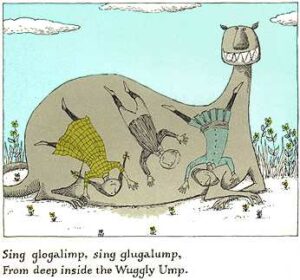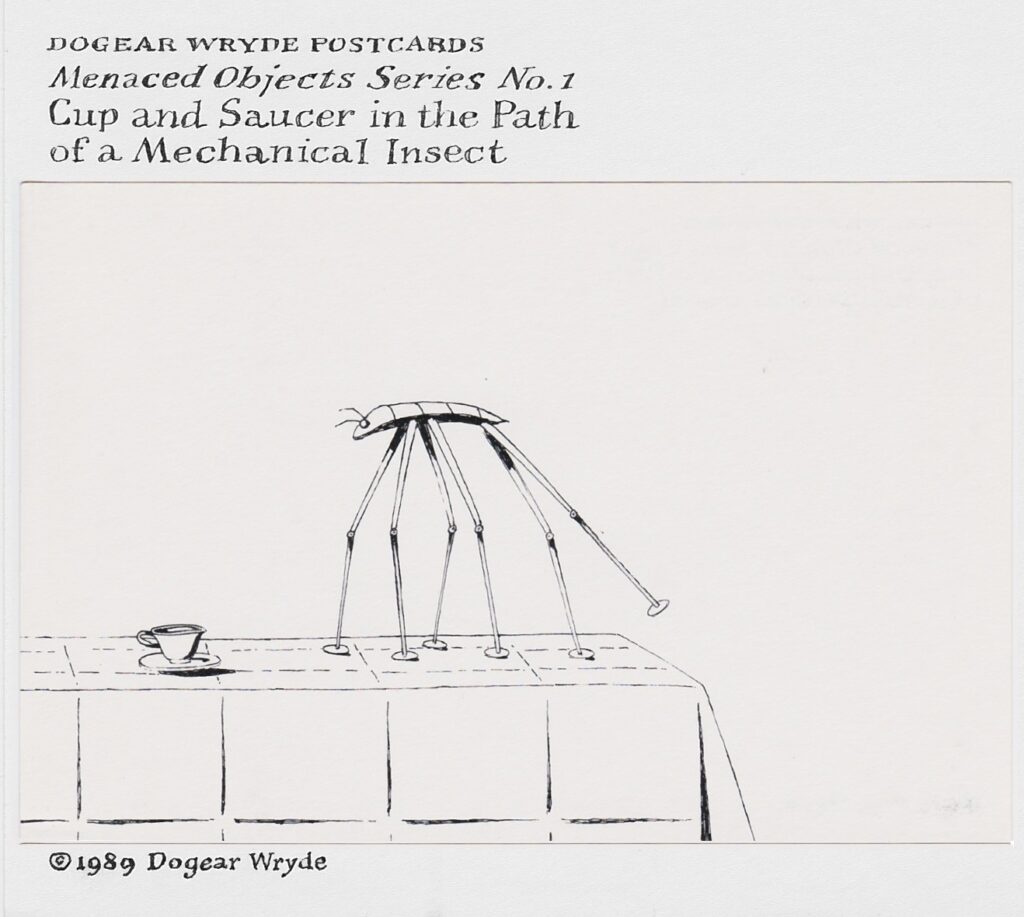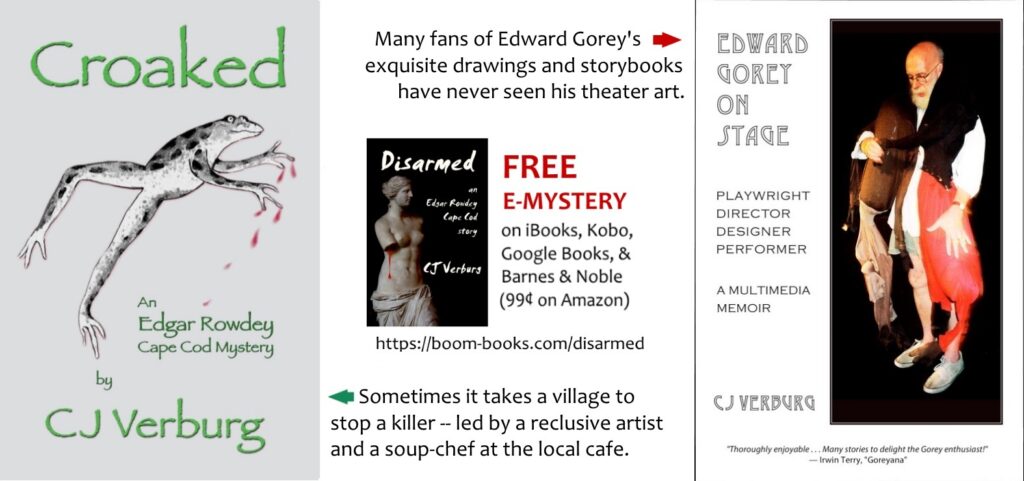 Recursion by Blake Crouch
Recursion by Blake Crouch
My rating: 5 of 5 stars
This is the first book I’ve read by Blake Crouch, and if not for a friend’s recommendation plus an advance review copy, I’d have backed off from its melodramatic sci-fi blurb: “What if someone could rewrite your entire life?” Luckily, from my POV as a former science editor, Recursion is not about the ooh-scary possibility that “someone” could “rewrite” your life. Crouch explores a much more plausible (and therefore scarier) scenario: since past, present, and future all coexist, and arguably are defined by human memories rather than that amorphous concept/entity “time,” a tech genius whose mother suffers from Alzheimer’s could find out how to shift time back, or shift back in time, to alleviate her suffering.
We know from sci-fi’s long history that tweaking time always creates deadly ripples, enabling Crouch to open this book with a dramatic human crisis. Police Detective Barry Sutton confronts a suicidal woman who’s just discovered that her happy memories of a full life are false, and she can’t live with the grim, empty reality that’s replaced them. Barry has his own human drama to cope with, and it propels him to investigate the woman’s impossible story. Meanwhile, scientist Helena Smith is offered a Faustian bargain she can’t refuse, with consequences that set her and Barry on a collision course.
Told in the present tense, third person, Recursion quickly became so riveting I could hardly put it down. Its fast-paced interwoven story lines are all the more poignant if you have, or know anyone who has, difficulties with memory. I just finished reading it, but it will be a while before I stop thinking about it.







